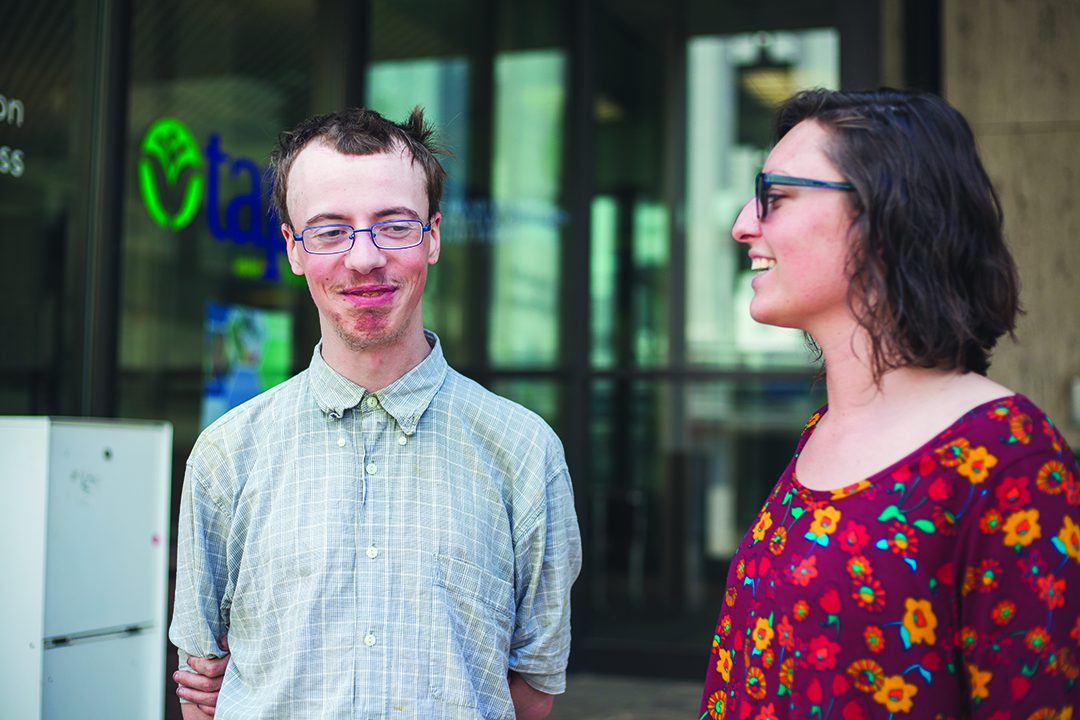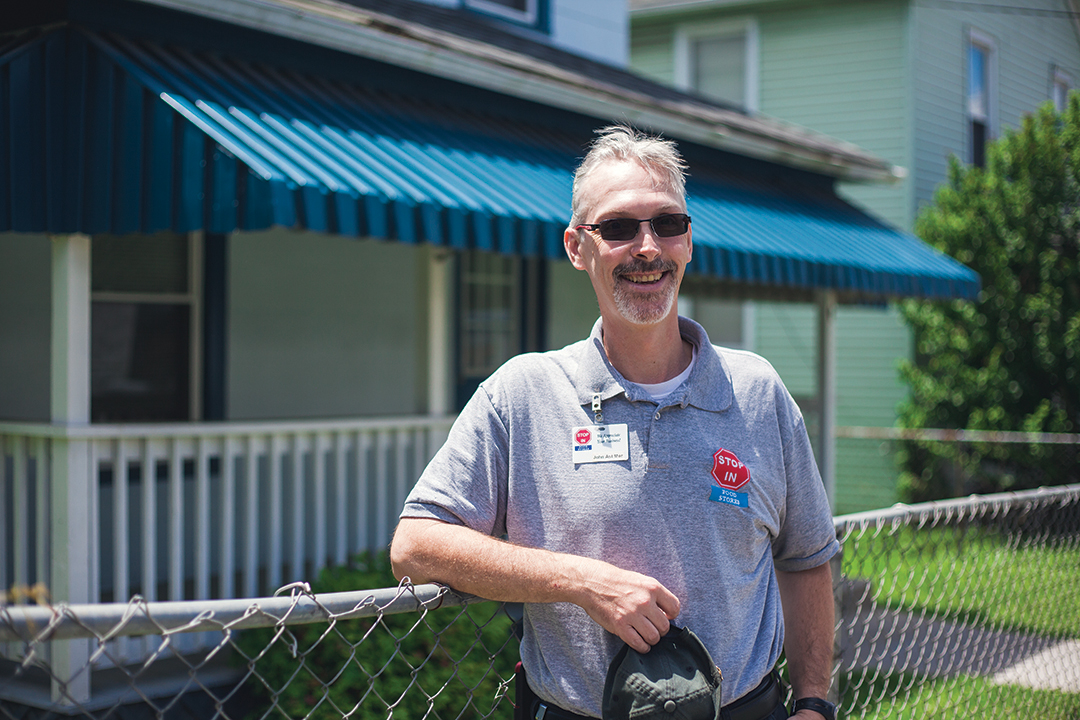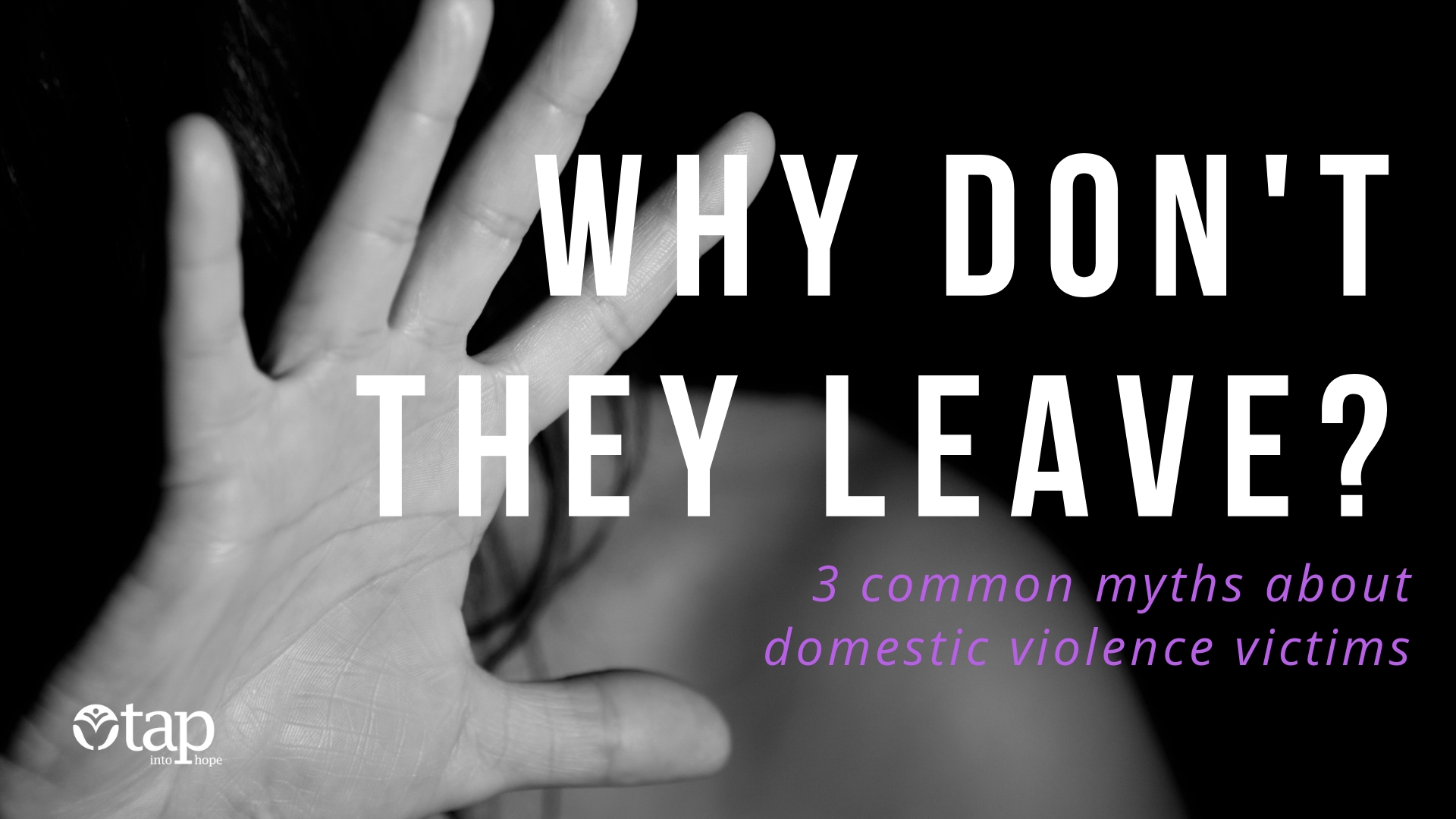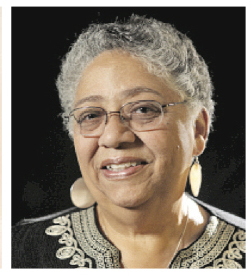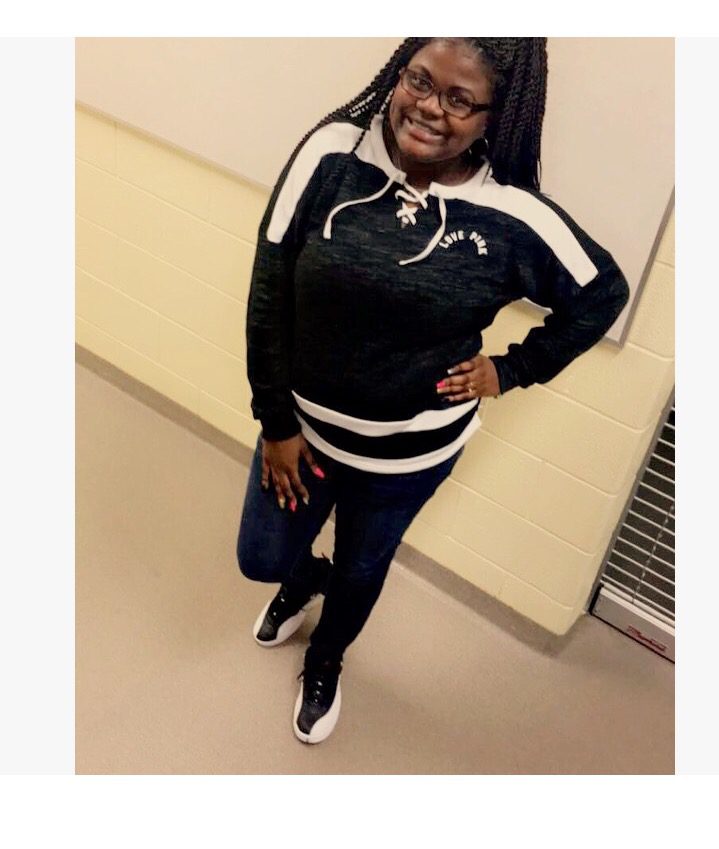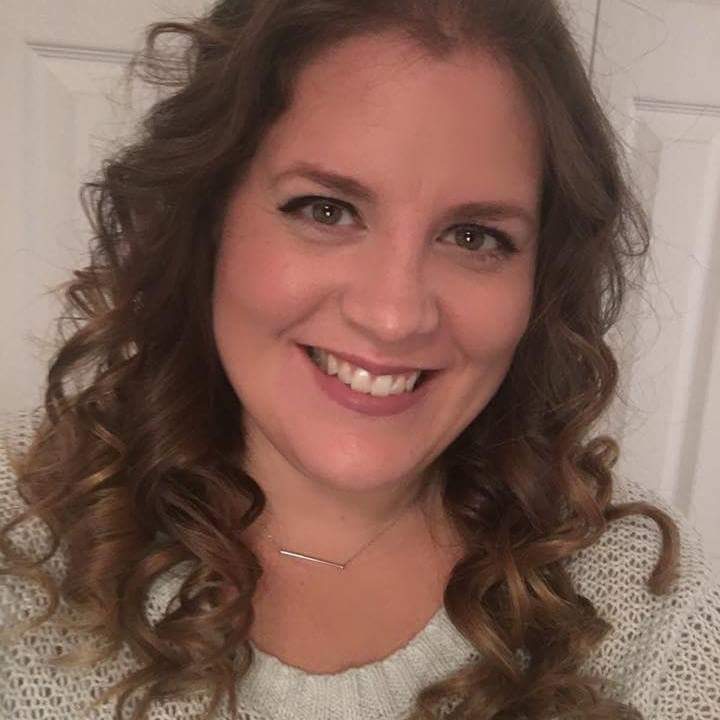From Homeless to College Bound: Ryan, YouthBuild student
For most kids, turning 18 is a celebration, a time of transition and experiencing tastes of independence with parental support. However, for thousands of kids across the country, turning 18 signifies “aging out” of foster care, meaning they are too old to stay in care and must make it on their own. According to national studies, only half of those aging out find secure employment by age 24 and only 4% earn a college degree by age 26. One in five of these young adults become homeless. Homeless youth face many challenges.
They may have a hard time staying in shelters due to shelter policies, and often experience depression, poor health, and poor nutrition. Most (75%) drop out of high school. Without shelter, transportation, or education, they have difficulty supporting themselves financially and turning things around. This year, our YouthBuild program started with a cohort of 15 participants, four of whom were homeless.
Aging Out of Foster Care
Ryan Gravely was one of those participants after aging out of the foster care system. He had been referred to TAP after staying at the Salvation Army’s men’s shelter and then the Roanoke Rescue Mission. “He was quiet at first, but there was something that just made you like him immediately,” said Scott Liptrap, TAP’s youth programs manager at the time. Staff from our Homeless Educators Linking Providers and Services (HELPS) program immediately began looking for a place Ryan could stay. HELPS assists homeless individuals, primarily youth, in Roanoke find housing and secure employment.
As part of their search, program staff began contacting our community partners, and Police Chief Tim Jones recommended Least of These Ministries, operated by Dawn Sandoval. Dawn worked tirelessly to find a place for Ryan, even offering to pay for a hotel at one point.
A Place to Call Home
When she finally found him a room on Good Friday, Dawn greeted Ryan at his new home with bags full of essentials for his first time being on his own. Facing a completely new situation, the reality of living independently set in. He had never had a place to call home. Would he get along with his roommates? What were the expectations? “I was nervous,” Ryan said. “It was unlike anything I’ve ever had before.” In the meantime, Ryan joined 14 other students in YouthBuild, a national program that trains youth ages 16 to 24 in construction trades.
Education and Training
Participants also receive training in career, technical, and leadership skills in the classroom and on the worksite. Additionally, if the participants do not have a high school diploma, they are enrolled in a GED preparation course. With a place to call his own, Ryan is flourishing. He received his GED in weeks instead of the usual six months, and he will soon graduate from YouthBuild with a pre-apprenticeship certification in green construction. With an opportunity that he couldn’t have imagined a few years ago, Ryan is going to follow his fascination with the mysteries of the ocean and study marine biology at Virginia Western Community College.
“It would have been easy for him to give up, but he’s tough,” said Scott. “He’s bright, and he’ll do well in college.”
Many in Ryan’s position never find or take advantage of the network of community services available. In Ryan’s case, the Salvation Army, Rescue Mission, Roanoke Police Department, Least of These Ministries, and TAP all played a role.
“Don’t be shy to ask for help. People will help.”
“Don’t be shy to ask for help. People will help. The staff at TAP will do anything,” Ryan advises. “And just keep your head up. Never look at things negatively, or things will always be negative.” Many who have met Ryan attribute his success to his perseverance and optimism. With these traits, Ryan’s future looks bright. “Who knows? Maybe I’ll write a book about the Bermuda Triangle and the Mariana “ Trench,” he said.
Click here to find out more about our youth employment programs.

